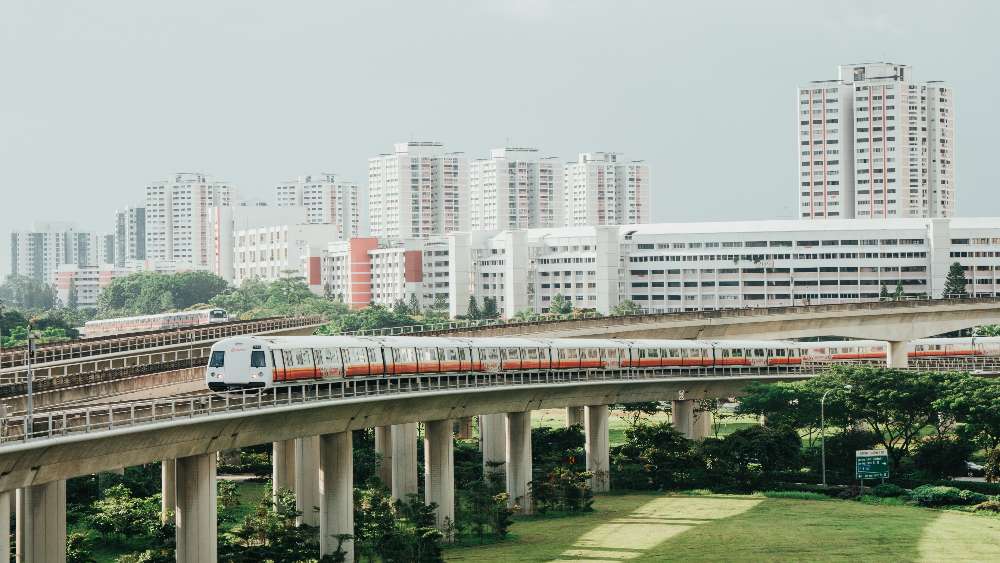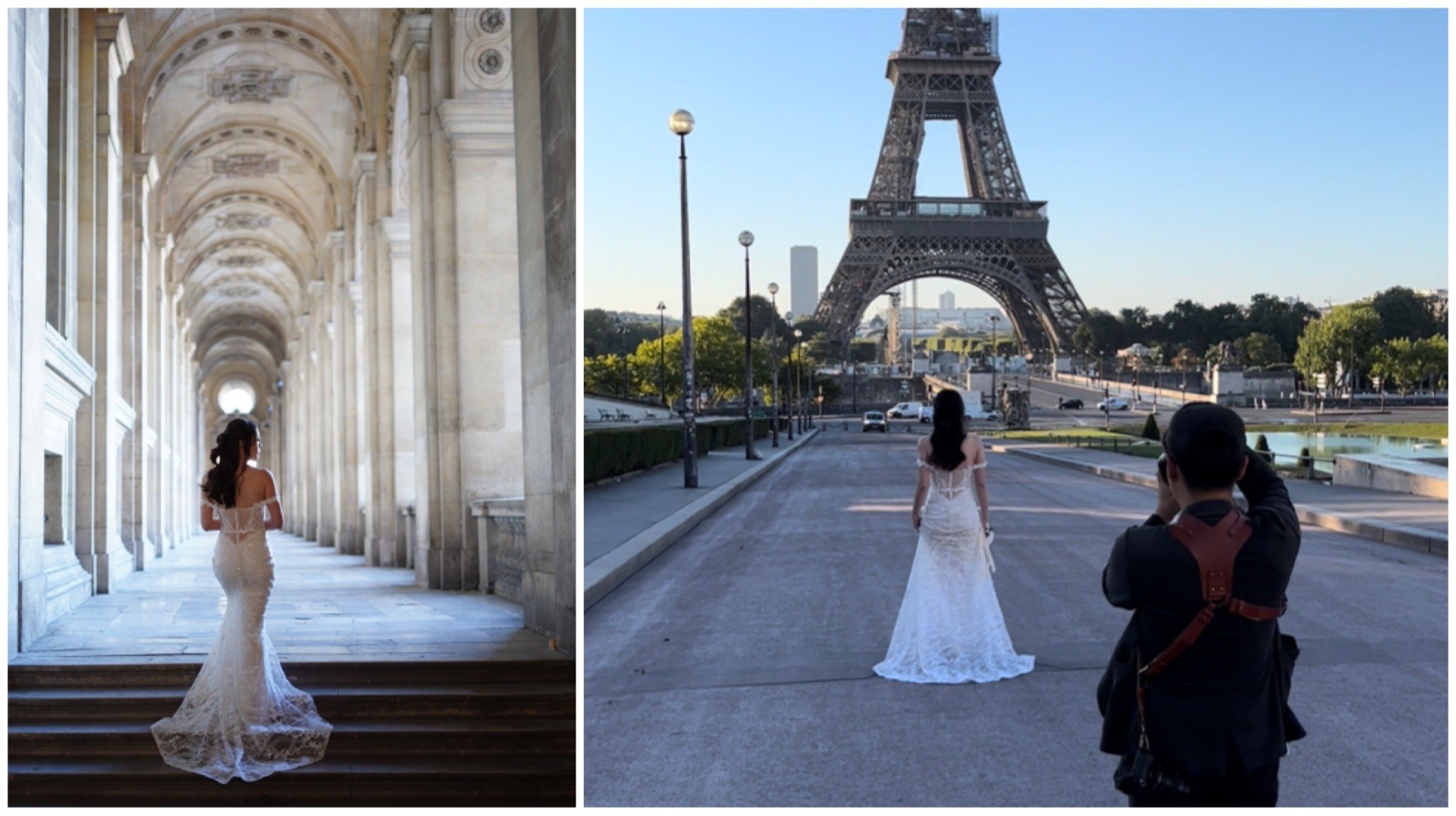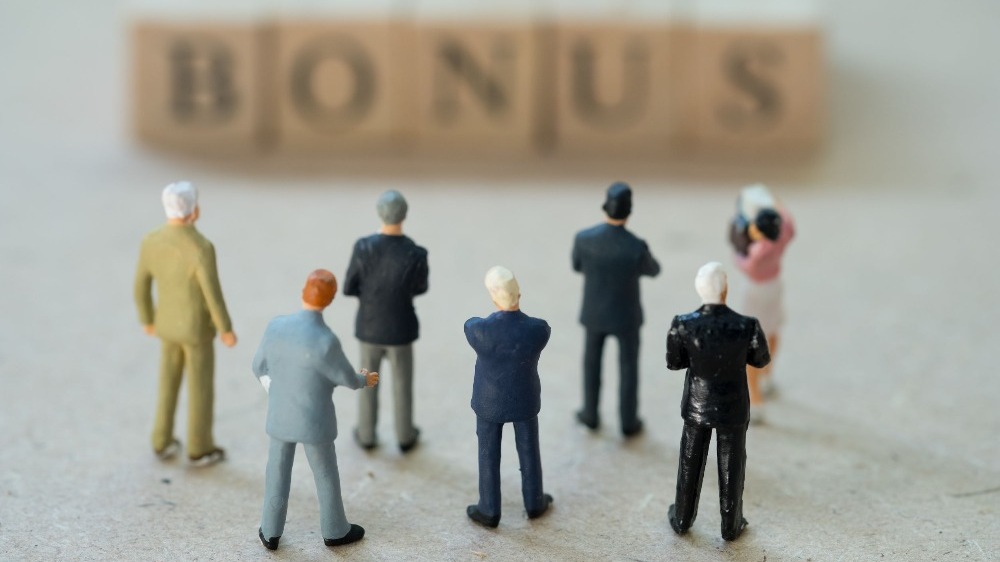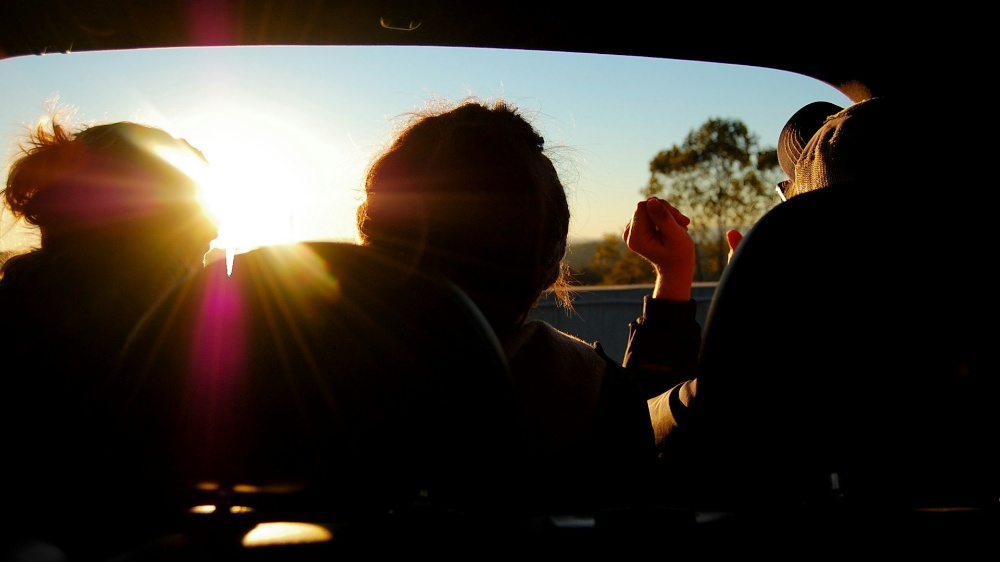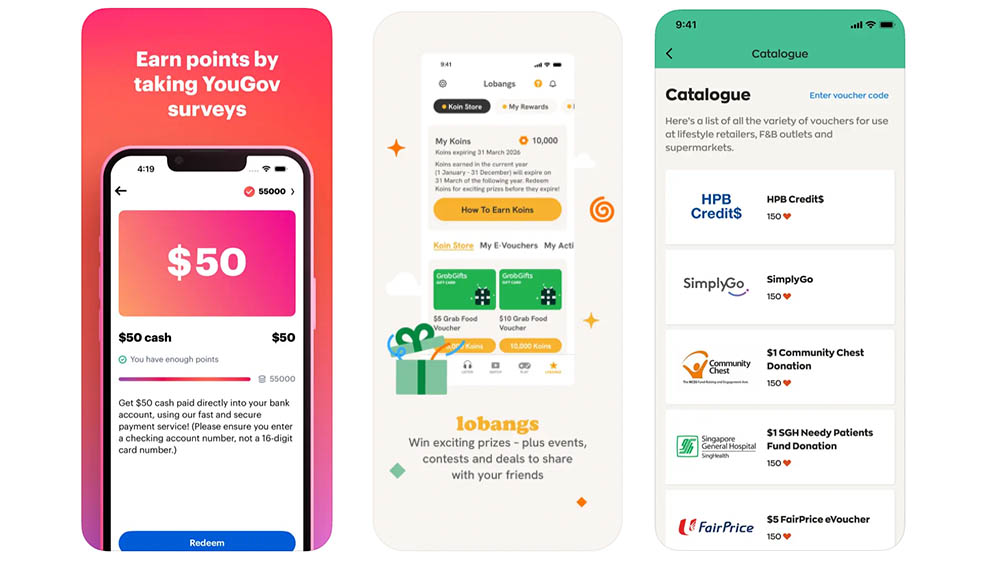Things You May Not Know About Our Singapore Reserves
When we encounter financial hardship, the first source of funds we usually turn to is our savings; for a country, it's no different. And in the case of Singapore, our savings are known as the Singapore Reserves, a combination of physical assets (real estate like land and buildings) and financial assets (cash, shares, bonds, private equities, gold) managed by the Singapore Government.
Lately, there's been some buzz about our reserves. CNA Insider's recent documentary series, "Singapore Reserves Revealed", for instance, provided an insightful and eye-opening look into what constitutes the Republic's reserves (did you know we have gold bars - each worth about US$800,000 - in a secret vault?), and how our country has established a distinctive infrastructure to protect and enhance our wealth.
Here's a beginner's introduction to our nation's reserves to help you make more sense about this precious nest egg.
1. What constitutes the Singapore Reserves?
Singapore's reserves are a collection of physical and financial assets, including but not limited to a group of six key statutory boards and Government companies known as the Fifth Schedule:
- Housing Development Board, which manages public housing and factory land
- JTC, which oversees land to be developed as well as industrial estates
- Monetary Authority of Singapore, the central bank of Singapore which manages the Official Foreign Reserves of Singapore
- Temasek Holdings, Singapore's investment company
- GIC, a professional fund management organisation that manages Government assets
- Central Provident Fund, Singaporeans' savings
Fun fact: Even William Farquhar's collection of natural history drawings, which were donated to the National Museum of Singapore, are considered prized assets. Apart from their artistic value, the 477 watercolour paintings offer valuable and tangible insights into the diverse range of flora and fauna in the Malay Peninsula in the 1800s.
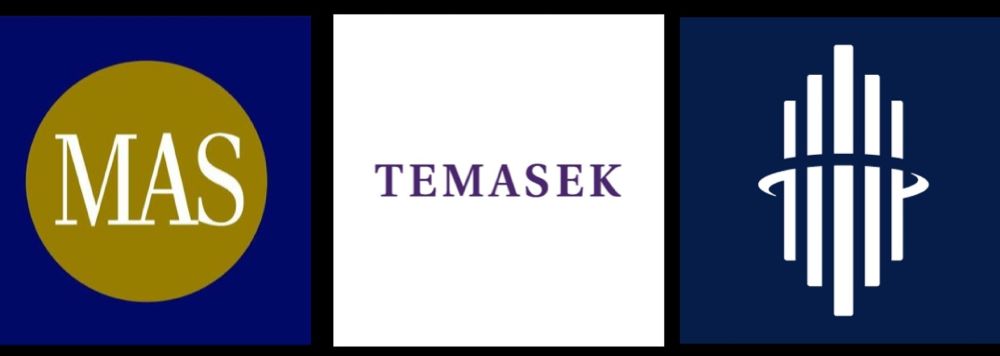 (From left) Logos of Monetary Authority of Singapore, Temasek Holdings and GIC Private Limited. | IMAGES (FROM LEFT): FACEBOOK/@MONETARY AUTHORITY OF SINGAPORE, @TEMASEK AND @GIC
(From left) Logos of Monetary Authority of Singapore, Temasek Holdings and GIC Private Limited. | IMAGES (FROM LEFT): FACEBOOK/@MONETARY AUTHORITY OF SINGAPORE, @TEMASEK AND @GIC
2. Who manages our reserves?
According to Singapore's Ministry of Finance (MOF), a trio comprising the Monetary Authority of Singapore (MAS), Singapore's investment company Temasek Holdings, and sovereign wealth fund GIC Private Limited manages our portfolio of reserves.
The Constitution mandates that the Government can only draw upon our reserves with the approval of the President of Singapore. That's why the President is also referred to as the "second key".
3. Why is the size of our reserves not disclosed?
According to MOF, "it is not in our national interest to publish the full size of our reserves. If we do so, it will make it easier for markets to mount speculative attacks on the Singapore dollar during periods of vulnerability."
Deputy Prime Minister (DPM) Lawrence Wong provides a fitting analogy in CNA's "Singapore's Reserves Revealed": "We look at our reserves as part of our national security, not unlike our critical military capabilities. And we don't go around telling the world what our military capabilities are."
4. When have our reserves been tapped into?
The first time Singapore dipped into its reserves was in 2009 when the Government sought then-President S R Nathan's approval of a $4.9 billion drawdown to cope with the global financial crisis. The funds were used to save jobs and stabilise the economy, and helped to boost the Jobs Credit Scheme (a wage subsidy designed to retain workers by assisting employers), and contribute to the Special Risk-Sharing Initiative (aimed at providing credit to financially challenged companies).
During the COVID-19 pandemic, five proposals for withdrawals amounting to $69 billion (to support COVID-19-related health expenditure and to keep the economy afloat) were put forward by the Government. All five times, President Halimah Yacob and her eight-member Council of Presidential Advisers (CPA) gave their approval. In the end, a total of $39.7 billion was withdrawn and used.
"My role is to make sure that our reserves that are released are used in a manner that is meant for our national interests,” she said, in an interview with The Straits Times, reiterating the President's role as the second key.
5. Why must we be prudent with our reserves?
We don't know what the future may hold, and our reserves are not an unlimited fail-safe that we can draw upon all the time. In the "Singapore Reserves Revealed" documentary, Prime Minister Lee Hsien Loong debunked the myth that our reserves are like "a pot of gold", saying:
"I think Singaporeans do not understand enough about the reserves. They think it is a pot of gold, that you can know how much is enough, and if you have enough, then you can touch a little bit and you will still be okay. But actually, it is not a pot of gold. It is something which has been built up over many generations, which helps see us through rainy days. We hope that it will grow, but we cannot be sure that it will grow."
PM Lee also asserted soberingly that "once it is gone, it will never come back again. It is finished... You cannot build it up again." The reason he offered is that the country's economy is very different today.
"You are not in a situation where we were growing in the 1970s and the early 80s, growing 8%, 10%, 12% per year, running budget surpluses 5%, sometimes 10% of GDP, with salaries incomes going up every year, 7%, 8% and therefore, the possibility of putting aside some of this prosperity for a future rainy day.
"Today, we are not as poor as we were before. Our incomes are higher; our standard of living is higher. But our expectations and our needs have also grown. So to say today you put aside systematically 2%, 3% of GDP and build up a sovereign fund from scratch, I think it is very hard. The economy will not be able to take it. But at that time, our economy could take it, and our forefathers had the prudence and the foresight to do it, and we are the beneficiaries.
"I think we need to be very, very conscious that this is a Garden of Eden state. You are here, it is marvellous. You may not always feel great, but please be aware this is the Garden of Eden because if you come out from it, you cannot go back in again by the sweat of your brow."
For the latest updates on Wonderwall.sg, be sure to follow us on TikTok, Telegram, Instagram, and Facebook. If you have a story idea for us, email us at [email protected].







